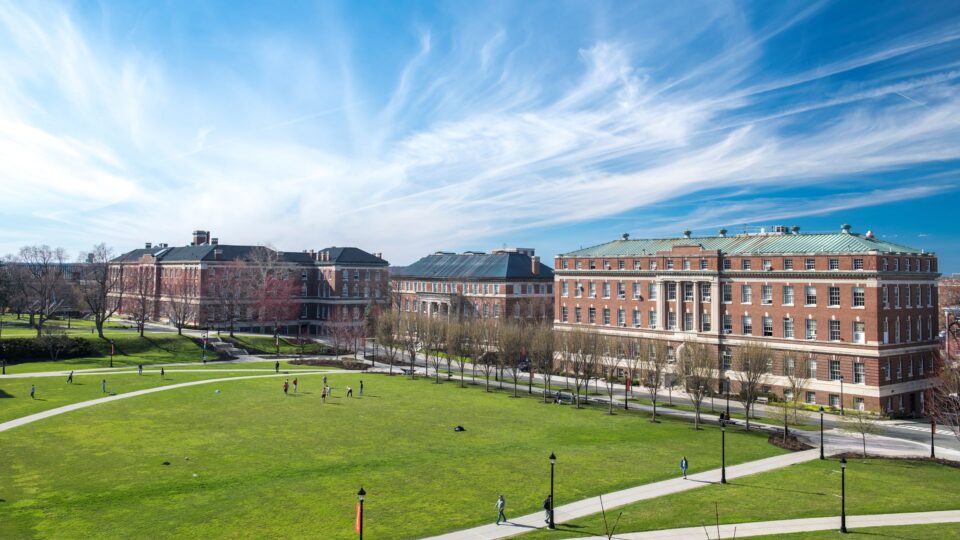Scientists at the University of California Riverside have discovered that fermented food waste can boost bacteria that increase crop growth, make plants more resistant to pathogens, and reduce the carbon emissions resulting from farming.
Food waste is a serious problem from multiple perspectives. As much as 50% of food is thrown away in the United States and most of that simply ends up in landfills, taking up more than 20% of America’s landfill volume. Food waste is a huge economic loss as well as a significant waste of freshwater resources used to produce food.
The researchers studied byproducts from two kinds of food waste readily available in Southern California: beer mash – a byproduct of beer production – and mixed food waste discarded by grocery stores.
Both types of waste were fermented and then added to the irrigation system watering citrus plants in a greenhouse. Within 24 hours, the average population of beneficial bacteria was two to three orders of magnitude greater than in plants that did not receive the treatments. This led to improvements in the carbon to nitrogen ratio in crops. When there are enough so-called good bacteria in plants, they produce antimicrobial compounds and metabolites that help plants grow better and faster.
The results of the study suggest that the use of food waste products in agriculture is beneficial and could complement the use of synthetic chemical additives by farmers, perhaps eliminating it entirely. Crops would in turn become less expensive.
Making use of food waste in agriculture is a step towards a more circular economy in which we use something and then find a new purpose for it.
**********
Web Links
Turning food waste back into food
Photo, posted October 28, 2012, courtesy of Daniel Lobo via Flickr.
Earth Wise is a production of WAMC Northeast Public Radio.



















